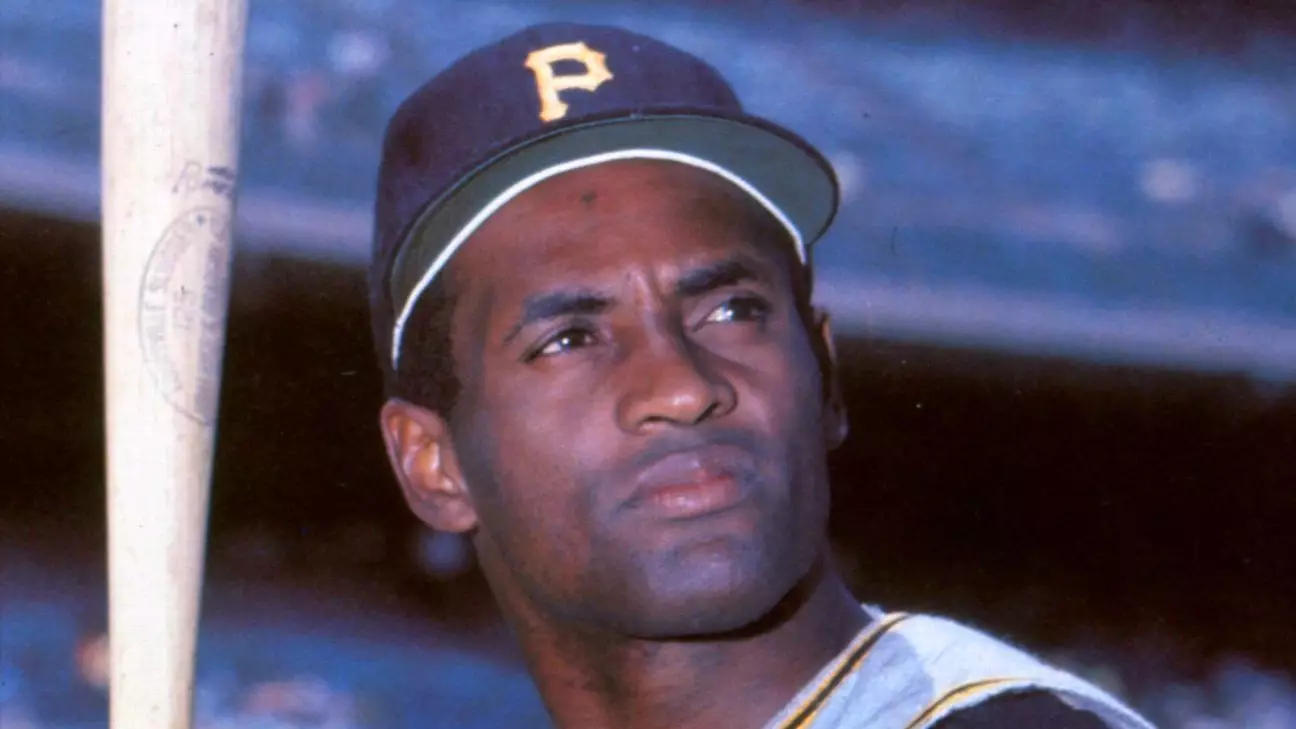The Pittsburgh Pirates found themselves at the center of a storm following their controversial decision to replace a cherished tribute to baseball legend Roberto Clemente. The sign, which had proudly displayed Clemente’s name and his iconic No. 21, was an emblem of the franchise’s deep ties to its storied past. Its removal, replaced by an advertisement for a new alcoholic beverage, has left many—including Clemente’s family—rightfully incensed. This was not just about a sign; it was a symbolic act that disrespected the very core of who Clemente was, both as an athlete and as a humanitarian.
Roberto Clemente Jr.’s poignant statement encapsulated the profound discontent felt not just by his family, but by the vast array of fans who still hold Clemente’s legacy in high regard. The lack of communication from the Pirates is especially troubling, highlighting a disconnect that goes beyond business decisions. It speaks volumes about the organization’s failure to engage with a community that still resonates with the values and virtues that Clemente stood for.
Historical Significance and Cultural Legacy
Clemente wasn’t simply a wonderful player; he was a cultural icon whose influence transcended sports. His career spanned from 1955 to 1972 with the Pirates, where he became a 15-time All-Star, a 12-time Gold Glove winner, and the 1966 National League MVP. His untimely death in 1972 while delivering aid to earthquake victims in Nicaragua only solidified his image as a person of compassion and character. Inducted into the Hall of Fame shortly thereafter, Clemente became the first Hispanic player enshrined, further emphasizing his impact on baseball and society at large.
The Pirates’ recent actions are particularly disheartening given the franchise’s historical role in honoring its legends, especially one as significant as Clemente. By prioritizing advertising revenue over a tribute to a player who embodies the spirit of the organization, the franchise risks alienating not just Clemente’s family, but the loyal fanbase who continues to see him as a beacon of integrity and hope.
Community Response and Emotional Resonance
The strong backlash against the decision to remove Clemente’s sign has illuminated a vital aspect of sports culture—the emotional connection fans have with their teams and their heroes. For many, Clemente represents not just a baseball player but a figure synonymous with perseverance, dignity, and the fight for social justice. The overwhelming support voiced by fans across the nation signifies a collective memory that refuses to fade. They aren’t merely responding to the removal of a sign—they’re defending the memory of a beloved figure whose values continue to inspire generations.
The sentiment echoed by Clemente’s family emphasizes the need for a more respectful dialogue between the Pirates and the Clemente family. Their plea for “meaningful collaboration” is not only warranted but is essential in fostering a relationship that honors Clemente’s legacy. By engaging the family and the community in discussions that matter, the Pirates can re-establish themselves as a franchise that values its history and the individuals who shaped it.
A Call for Cultural Sensitivity in Sports
The controversy surrounding Clemente’s memorial also underscores a broader issue within professional sports: the need for organizations to recognize the cultural significance of their icons. When financial interests overshadow the legacies of players, it creates a disconnect that can damage relationships with fans who see these athletes as extensions of their community. The Pirates must reflect on their values and re-evaluate their priorities, ensuring that the commercial aspects of the sport do not infringe upon the respect owed to figures like Clemente.
In taking this moment as a learning opportunity, the Pirates can pave the way for enhancements in how the organization goes about honoring its past. Not only would this be beneficial for the franchise’s public image, but it would also foster deeper connections within the community—creating a more inclusive environment that honors those who laid the groundwork for future generations. Ultimately, Roberto Clemente represents an ethos that the Pirates should embrace more wholeheartedly, aligning their operational decisions with the values that this legendary player embodied.


Leave a Reply